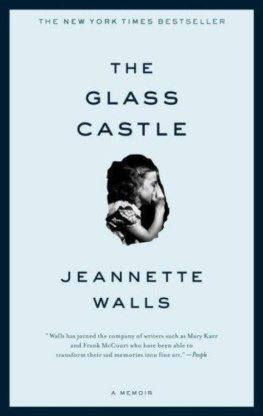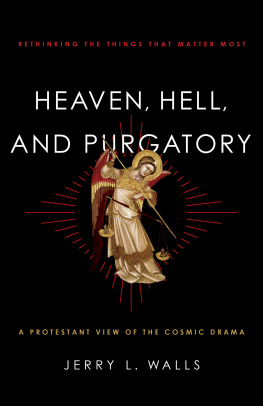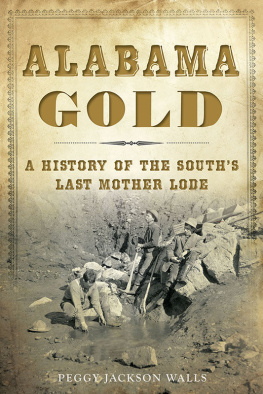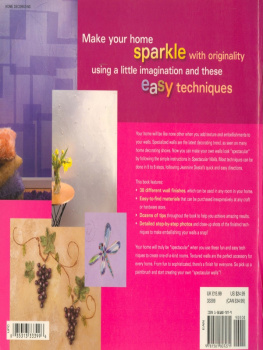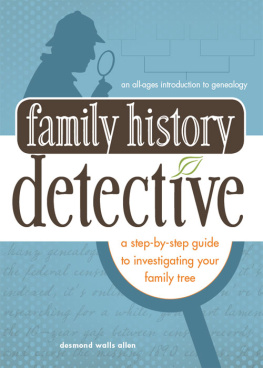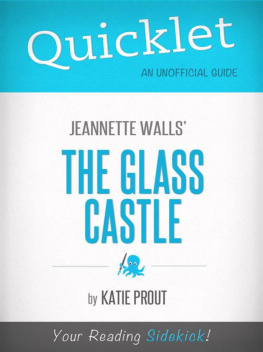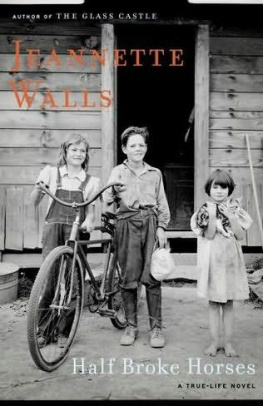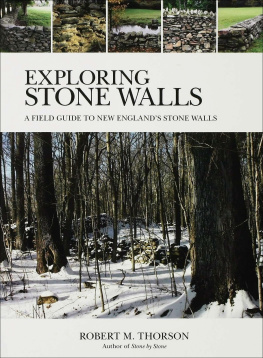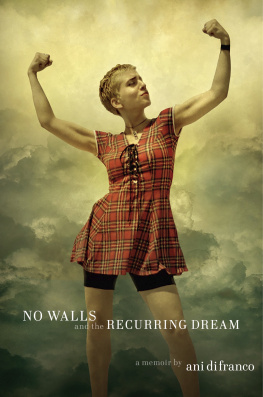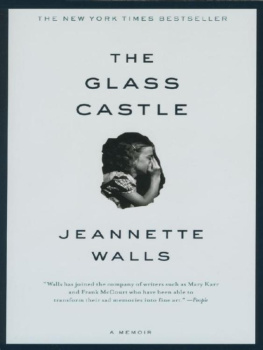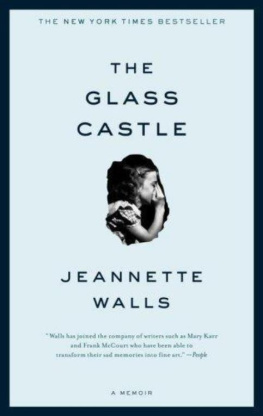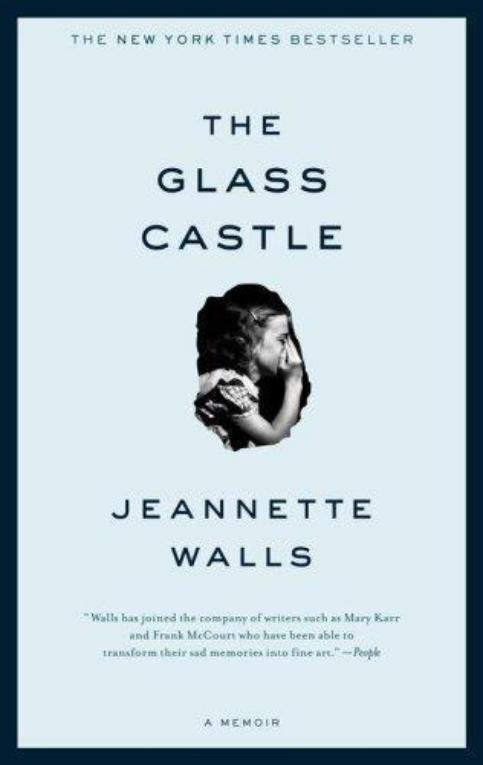The Glass
Castle: A Memoir
Jeannette Walls
To John, for convincing me that everyone who is interesting has a past
TABLE OF CONTENTS
Acknowledgments
I'd like to thank my brother, Brian, for standing by me when we were growing up and while I wrote this. I'm also grateful to my mother for believing in art and truth and for supporting the idea of the book; to my brilliant and talented older sister, Lori, for coming around to it; and to my younger sister, Maureen, whom I will always love. And to my father, Rex S. Walls, for dreaming all those big dreams.
Very special thanks also to my agent, Jennifer Rudolph Walsh, for her compassion, wit, tenacity, and enthusiastic support; to my editor, Nan Graham, for her keen sense of how much is enough and for caring so deeply; and to Alexis Gargagliano for her thoughtful and sensitive readings.
My gratitude for their early and constant support goes to Jay and Betsy Taylor, Laurie Peck, Cynthia and David Young, Amy and Jim Scully, Ashley Pearson, Dan Mathews, Susan Watson, and Jessica Taylor and Alex Guerrios.
I can never adequately thank my husband, John Taylor, who persuaded me it was time to tell my story and then pulled it out of me.
Dark is a way and light is a place, Heaven that never was Nor will be ever is always true
Dylan Thomas,
"Poem on His Birthday"
A WOMAN ON THE STREET
I WAS SITTING IN a taxi, wondering if I had overdressed for the evening, when I looked out the window and saw Mom rooting through a Dumpster. It was just after dark. A blustery March wind whipped the steam coming out of the manholes, and people hurried along the sidewalks with their collars turned up. I was stuck in traffic two blocks from the party where I was heading.
Mom stood fifteen feet away. She had tied rags around her shoulders to keep out the spring chill and was picking through the trash while her dog, a black-and-white terrier mix, played at her feet. Mom's gestures were all familiarthe way she tilted her head and thrust out her lower lip when studying items of potential value that she'd hoisted out of the Dumpster, the way her eyes widened with childish glee when she found something she liked. Her long hair was streaked with gray, tangled and matted, and her eyes had sunk deep into their sockets, but still she reminded me of the mom she'd been when I was a kid, swan-diving off cliffs and painting in the desert and reading Shakespeare aloud. Her cheekbones were still high and strong, but the skin was parched and ruddy from all those winters and summers exposed to the elements. To the people walking by, she probably looked like any of the thousands of homeless people in New York City.
It had been months since I laid eyes on Mom, and when she looked up, I was overcome with panic that she'd see me and call out my name, and that someone on the way to the same party would spot us together and Mom would introduce herself and my secret would be out.
I slid down in the seat and asked the driver to turn around and take me home to Park Avenue.
The taxi pulled up in front of my building, the doorman held the door for me, and the elevator man took me up to my floor. My husband was working late, as he did most nights, and the apartment was silent except for the click of my heels on the polished wood floor. I was still rattled from seeing Mom, the unexpectedness of coming across her, the sight of her rooting happily through the Dumpster. I put some Vivaldi on, hoping the music would settle me down.
I looked around the room. There were the turn-of-the-century bronze-and-silver vases and the old books with worn leather spines that I'd collected at flea markets. There were the Georgian maps I'd had framed, the Persian rugs, and the overstuffed leather armchair I liked to sink into at the end of the day. I'd tried to make a home for myself here, tried to turn the apartment into the sort of place where the person I wanted to be would live. But I could never enjoy the room without worrying about Mom and Dad huddled on a sidewalk grate somewhere. I fretted about them, but I was embarrassed by them, too, and ashamed of myself for wearing pearls and living on Park Avenue while my parents were busy keeping warm and finding something to eat.
What could I do? I'd tried to help them countless times, but Dad would insist they didn't need anything, and Mom would ask for something silly, like a perfume atomizer or a membership in a health club. They said that they were living the way they wanted to.
After ducking down in the taxi so Mom wouldn't see me, I hated myselfhated my antiques, my clothes, and my apartment. I had to do something, so I called a friend of Mom's and left a message. It was our system of staying in touch. It always took Mom a few days to get back to me, but when I heard from her, she sounded, as always, cheerful and casual, as though we'd had lunch the day before. I told her I wanted to see her and suggested she drop by the apartment, but she wanted to go to a restaurant. She loved eating out, so we agreed to meet for lunch at her favorite Chinese restaurant.
Mom was sitting at a booth, studying the menu, when I arrived. She'd made an effort to fix herself up. She wore a bulky gray sweater with only a few light stains, and black leather men's shoes. She'd washed her face, but her neck and temples were still dark with grime.
She waved enthusiastically when she saw me. "It's my baby girl!" she called out. I kissed her cheek. Mom had dumped all the plastic packets of soy sauce and duck sauce and hot-and-spicy mustard from the table into her purse. Now she emptied a wooden bowl of dried noodles into it as well. "A little snack for later on," she explained.
We ordered. Mom chose the Seafood Delight. "You know how I love my seafood," she said.
She started talking about Picasso. She'd seen a retrospective of his work and decided he was hugely overrated. All the cubist stuff was gimmicky, as far as she was concerned. He hadn't really done anything worthwhile after his Rose Period.
"I'm worried about you," I said. "Tell me what I can do to help."
Her smile faded. "What makes you think I need your help?"
"I'm not rich," I said. "But I have some money. Tell me what it is you need."
She thought for a moment. "I could use an electrolysis treatment."
"Be serious."
"I am serious. If a woman looks good, she feels good."
"Come on, Mom." I felt my shoulders tightening up, the way they invariably did during these conversations. "I'm talking about something that could help you change your life, make it better."
"You want to help me change my life?" Mom asked. "I'm fine. You're the one who needs help. Your values are all confused."
"Mom, I saw you picking through trash in the East Village a few days ago."
"Well, people in this country are too wasteful. It's my way of recycling." She took a bite of her Seafood Delight. "Why didn't you say hello?"
"I was too ashamed, Mom. I hid."
Mom pointed her chopsticks at me. "You see?" she said. "Right there. That's exactly what I'm saying. You're way too easily embarrassed. Your father and I are who we are. Accept it."
"And what am I supposed to tell people about my parents?"
"Just tell the truth," Mom said. "That's simple enough."
II
THE DESERT
I WAS ON FIRE.
It's my earliest memory. I was three years old, and we were living in a trailer park in a southern Arizona town whose name I never knew. I was standing on a chair in front of the stove, wearing a pink dress my grandmother had bought for me. Pink was my favorite color. The dress's skirt stuck out like a tutu, and I liked to spin around in front of the mirror, thinking I looked like a ballerina. But at that moment, I was wearing the dress to cook hot dogs, watching them swell and bob in the boiling water as the late-morning sunlight filtered in through the trailer's small kitchenette window.

